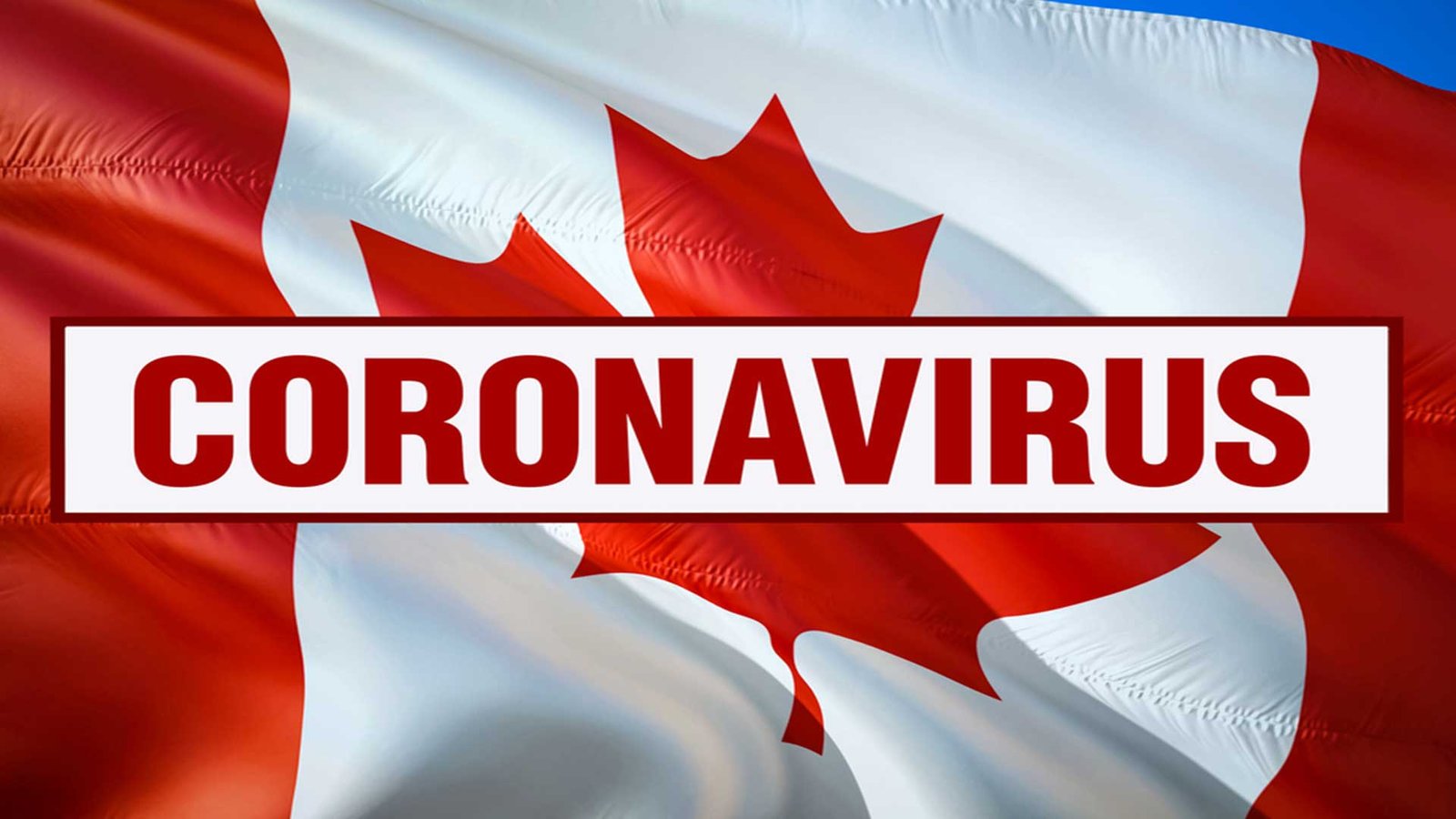Introduction to immigrating to Canada during COVID-19
Hi everyone. Welcome to this Immigrating to Canada During COVID-19 blog post where I talk about the best practices and how you can travel or migrate to Canada safely amid the Covid-19 Pandemic.
Immigrating to a new country can be daunting enough, but what happens when a global pandemic is added to the mix? As COVID-19 continues to affect the world, many individuals are still pursuing their dreams of relocating to Canada. But what exactly does this process look like during a pandemic? How has it changed and what do prospective immigrants need to know?
In this immigrating to Canada during COVID-19 blog post, we’ll explore the ins and outs of immigrating to Canada during COVID-19, including the challenges, the opportunities, and everything in between. So, whether you’re a hopeful immigrant, a curious reader, or just someone interested in the current state of affairs, keep reading to find out more.
My name is Steven Grrat. Today, we’re going to be talking about coronavirus and its effects on Canada 2021 immigration applications. Currently, it’s December 2020 so everything is current as of today. The first question I’m getting is, can I start the immigration process to Canada right now during covid 19? The answer is YES. Immigration to Canada is still accepting applications for all of its programs. There are a few changes as processing times are taking a little bit longer.
So, we’re really seeing applications being processed a little bit slower across the board in most categories. The only thing that is really normal, if you will, in terms of processing times are family class so that’s sponsorship applications. Everything else is taking a little bit longer but, yes you can still submit an application to immigrate during covid 19. The only thing that’s going to be affected is the processing time of the application.
Read More: Top Vacation Travel Guide to Ottawa Canada
A lot of my people will ask “well is it worth it to put an application in right now?” My answer to this question is yes because this puts you at the front of the many applications that have been submitted. I’ll talk about this in another Immigrating to Canada During COVID-19 bog post but Immigration Canada has upped their immigration target levels for 2021 so it’s really important to get your application to the authorities first so that your immigration application will be processed and considered for when they start letting people back into Canada, which after the pandemic, it’s going to see a significant increase and you want to have your application in first.
As I said so, they are still processing applications normally – they’re taking longer but they’re still being accepted. The applications from within Canada are being processed as a priority so it’s really important that if you’re in Canada as a temporary resident and you’re applying for permanent residency, you really need to start thinking about your permanent residency and get your application in. We are seeing priority processing for applications in Canada.
Over this Summer 2020, we saw the Canadian Experience Class, for example, just those who qualified under the Canadian Experience Class being invited to apply, which you know we saw a lot of people with low CRS scores being able to apply for permanent residency, so it was those people who started the application process early who are now seeing approvals for permanent residency.
The other updates for permanent residency applications in Canada are that, with coronavirus, even if you submit your application and you are not able to get a file/document due to covid-19 related problems, they will still process your application. For example, if your country is unable to give you a police certificate, they’ll still process your application and then just wait until you’re able to provide that document to finalize the application.
Read More: Traveling to Canada During the Coronavirus Pandemic
Another question I get right now from my readers is “Is Canada allowing permanent residents to travel to Canada right now?” The answer to this question usually depends on if and when your immigration application was approved for permanent residency. So if you have an application for permanent residency that was approved before March 18th, 2020, you are exempt from the travel restrictions and you are able to fly.
If your permanent residency application was approved after March 18th, 2020, you have to either wait for approval from Immigration Canada or if you qualify for one of the exemptions – for example, you’re a spouse of a Canadian, then you are able to travel to Canada right now.
This means, for the most part, most of our readers right now aren’t able to travel to Canada to confirm their permanent residency with the exception being you know those who meet the exemptions so if they’re in the U.S. or if they have a spouse in Canada.
The final question that I’m getting regarding travel to Canada during covid-19 is “Are workers – workers students and visitors able to come to Canada at the moment?” So again, for the most part of it, the general instruction for visitors is “no” unless you have someone or know someone in Canada.
Read More: Amazing Vacation Travel Guide to Toronto Canada
So, a close family member – like a spouse, children, a parent – right now, you’re not able to come to Canada as a visitor. If you’re coming from the U.S. you can come as a visitor but for either criterion, you need to show that you’re coming for a non-discretionary purpose, meaning that it has to be – you have to be reuniting with family and staying longer-term rather than just a simple visit.
As far as workers are concerned, most workers as long as you have a job offer and if it’s not for an open work permit, most workers are able to come to CA right now so if you are working on applying for a work permit and you get an approval, you can fly to Canada right now and lastly students as of October 2020, Immigration Canada released a rule that the DLI, which is the Designated Learning Institution, what you’re studying at has to have a readiness plan. So, they have to be equipped to deal with covid-19. I’m finding that most schools as of the end of November 2020 are approved as DLIs for students to travel to Canada.
At the moment, most students are able to travel to Canada. With this in mind, if you are able to travel to Canada, please note that the quarantine requirement is still in effect. This means that when you come to Canada, you will have to quarantine for two weeks. You need to have a place that you can tell the border officer “this is where I’m going, and I will not come into contact with anybody for those two weeks”. It is important to be ready with that quarantine plan when you present yourself at the border – that’s mandatory for anyone that’s traveling to Canada at the moment.
So that’s everything for today as far as Immigrating to Canada During COVID-19 and travel regulations to Canada is concerned. If you have any questions regarding covid-19 updates as it relates to Canadian immigration, please comment below.
Conclusion on immigrating to Canada during COVID-19
In conclusion, immigrating to Canada during COVID-19 has its challenges and uncertainties, but with careful planning and adherence to safety measures, it is possible to navigate this process successfully. Remember to take advantage of the resources available to you, including online tools and government websites, as well as seeking guidance from trusted immigration professionals.
Despite these challenging times, Canada remains a welcoming and inclusive nation, and we are confident that with determination, patience, and perseverance, you too can make Canada your home. Keep in mind that every successful immigrant adds value to Canada’s society and economy, so take the leap and start your Canadian journey today. As the famous quote goes, “The biggest adventure you can ever take is to live the life of your dreams.”
Thank you for reading this “Immigrating to Canada During COVID-19” blog post and I hope you’ve enjoyed it. Please don’t forget to Like, Share, and Comment below if you still have any questions to ask.



















